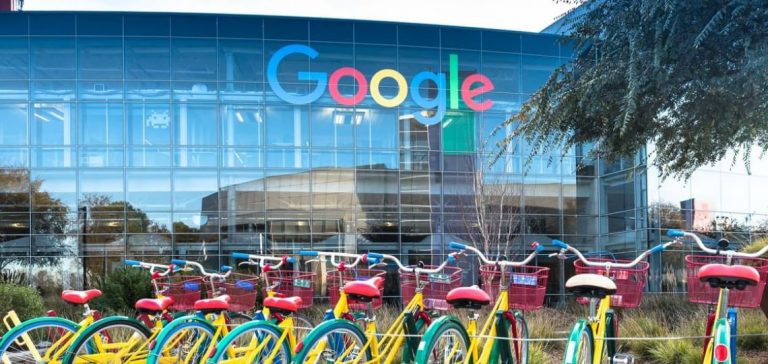Adani Group, a major player in the energy sector, and Google, a global technology giant, today unveiled a strategic partnership aimed at promoting renewable energy in India. This collaboration aims to increase the amount of clean energy integrated into the Indian power grid, thereby contributing to the country’s decarbonation efforts.
The flagship project of this partnership is a hybrid solar-wind park located in Khavda, in the state of Gujarat. This site, already recognized as the world’s largest renewable energy power plant, will host this new facility, which is expected to become operational in the third quarter of 2025.
Strengthening Renewable Energy Production Capacities
Adani Group, with its proven expertise in delivering wind, solar, hybrid, and energy storage projects, is well-positioned to provide customized renewable energy solutions to commercial and industrial (C&I) customers. The main objective is to meet the growing energy needs while reducing the carbon footprint of Indian industries.
This initiative is part of Adani’s broader strategy to increase its focus on the merchant and C&I segments. By increasing the share of renewable energy in its portfolio, Adani is actively contributing to India’s energy transition, thus supporting the national policies for greenhouse gas emissions reduction.
Google’s Sustainability Goals
For its part, Google is pursuing its ambitious 24/7 Carbon-Free Energy Goal for its cloud services and operations in India. By partnering with Adani, Google ensures that its infrastructure in India is powered by clean energy, thus aligning its activities with its sustainability commitments.
This partnership will also enable Google to strengthen its presence in India by supporting the sustainable growth of its local operations. The integration of solar and wind energy into the power grid will contribute to stabilizing the energy supply, which is essential for Google’s high-demand technological services.
Impact on the Indian Power Grid
The addition of this hybrid capacity to the Khavda grid should not only increase renewable energy production but also improve the resilience of the Indian power grid. By diversifying energy sources, the grid becomes less dependent on fossil fuels, thereby reducing risks related to energy price fluctuations and service interruptions.
Furthermore, this project will serve as a model for future collaborations between the technology and energy sectors, demonstrating the viability of public-private partnerships in the field of renewable energy. The combined expertise of Adani and Google could catalyze further innovations in the Indian energy sector.
Future Prospects
With this partnership, Adani and Google are considering exploring other opportunities to expand the use of renewable energy in India. Both companies are open to the idea of developing additional projects, potentially including initiatives in energy storage and smart grid management.
This collaboration could also encourage other companies to follow this example, thereby strengthening the clean energy ecosystem in India. By facilitating access to sustainable energy solutions, Adani and Google play a crucial role in the country’s energy transition.






















